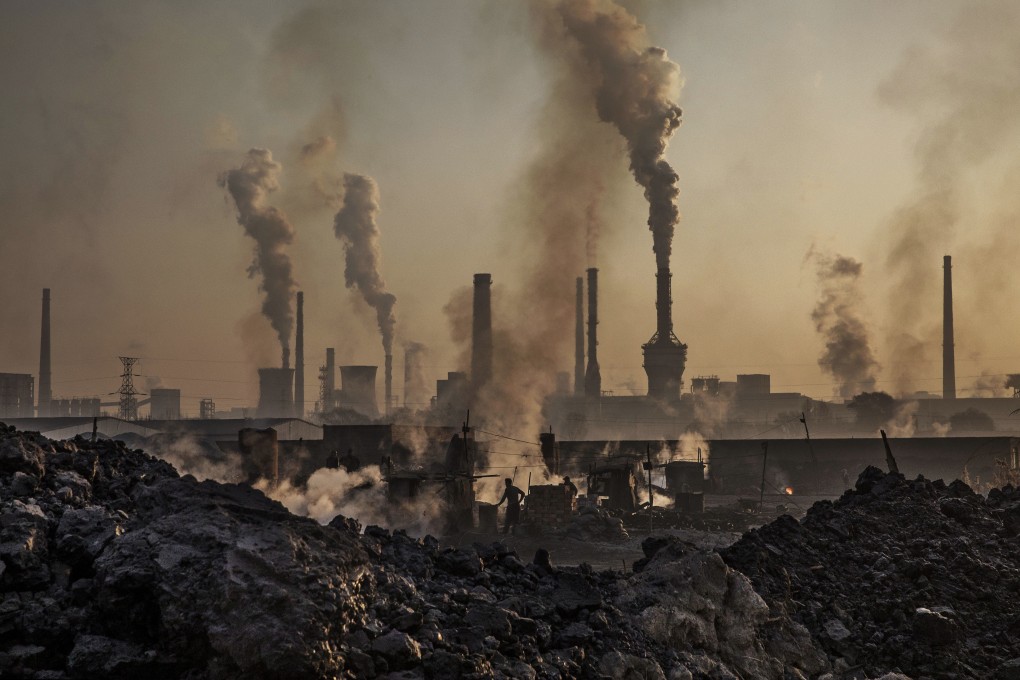Advertisement
Opinion | US-China climate change cooperation sparks optimism, but addiction to fossil fuels remains strong
- Will Joe Biden and Xi Jinping’s actions be enough to set their countries on a course towards rapid decarbonisation? If current and past practices are accurate guides, there is ample reason to worry
Reading Time:3 minutes
Why you can trust SCMP

Sino-US relations are at their lowest point in more than half a century. The two countries disagree on just about everything, but there is one topic on which they still seem to agree – climate change.
Shortly after last month’s rancorous meeting between Chinese and American diplomats in Alaska, China’s Foreign Ministry announced the two sides would start a climate “working group”. Not long thereafter, US President Joe Biden invited Chinese President Xi Jinping to participate in this month’s virtual Leaders Summit on Climate, to be held on Earth Day.
Together, China and the United States account for more than 40 per cent of global carbon emissions. At first glance, there appears to be reason for some optimism that they recognise the urgency to act swiftly to bring down those emissions.
Advertisement
On his first day in the White House, Biden reversed many of the Trump administration’s most damaging climate policies. He has returned the US to the Paris Agreement and pledged that the country would cut its greenhouse gas pollution substantially. His US$2 trillion infrastructure plan will be skewed towards reducing US reliance on fossil fuels.
Meanwhile, Xi has said climate change is a high priority for China, both domestically and internationally. He has declared China will become an “ecological civilisation” and will achieve carbon neutrality by 2060. China already leads the world in the production of solar panels and alternative energy transport.
Advertisement
But will actions by Biden and Xi be enough to set their countries on a course towards rapid decarbonisation? If current and past practices are accurate guides, there is ample reason to worry.
Advertisement
Select Voice
Choose your listening speed
Get through articles 2x faster
1.25x
250 WPM
Slow
Average
Fast
1.25x
